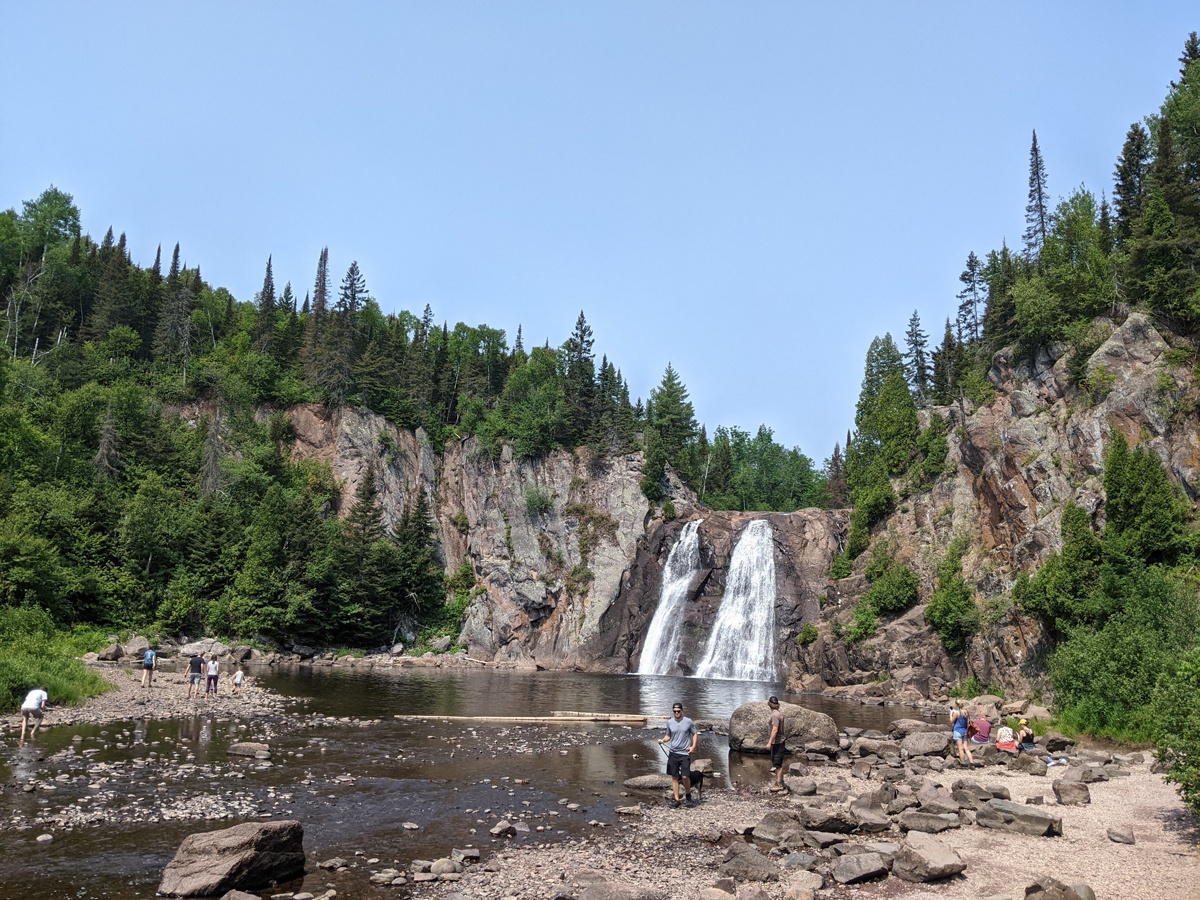Only weeks into Minnesota’s legislative session, excitement is growing around what we can accomplish for the environment in 2023. With the help of new leadership, we are on the path to passing 100% clean energy goals, investing in climate safe infrastructure, and creating a future all Minnesotans can enjoy.
Conservation Minnesota’s 2023 Legislative Priorities
Environment & Natural Resources Trust Fund Lottery Dedication Reauthorization
For three decades, the Environment & Natural Resources Trust Fund (ENRTF) has supported innovative projects that protect, conserve, preserve, and enhance the state’s air, water, land, fish, wildlife, and other natural resources. However, the ENRTF’s funding source, the constitutional dedication of net lottery proceeds, is set to expire in 2025. It’s time for the Legislature to put this dedication back on the ballot in 2024, allowing Minnesotans to continue their support for our Great Outdoors.
Lead Service Line Inventory & Removal Funding
Our state contains roughly 260,000 lead service lines delivering drinking water to local families. In 2021, Congress approved federal funding to remove some lead service lines, but Minnesota still faces a significant funding shortfall to remove all lead lines, leaving residents and communities to choose between costly replacements and dangerous lead exposure. With a historic budget surplus, the Legislature can finally address this crisis by providing funding to remove every lead service line in Minnesota in the next 10 years.
100% Clean Energy by 2040 & Net-Zero Greenhouse Gas Emissions by 2050
Climate change is here, and it’s creating costly impacts for Minnesotans and our communities. We need to do our part to decrease emissions in Minnesota while keeping energy affordable and reliable for residents. A 100% clean electricity standard allows our state to help utilities generate carbon-free energy. An updated goal allows our state to address climate impacts in every sector. With robust targets, we can take responsibility in the fight against climate change.
Low Carbon Fuel Standard (Clean Fuel Standard)
The transportation sector is Minnesota’s largest contributor to climate change, and our state is struggling to accelerate its emissions reductions. We need to transition to electric vehicles, and we need to reduce emissions from vehicles that we can’t immediately electrify. A low carbon fuel standard can do both. By providing incentives for clean fuels, such as electricity, biodiesel, and sustainable aviation fuel, we can drastically reduce the climate and air quality impacts of every vehicle in Minnesota.
Elk Reintroduction in Northeast Minnesota
With a range that once encompassed most of the state, elk played a vital role in local ecosystems and in the diet and culture of Native Americans. But after being driven to near extinction, Minnesota’s elk are now confined to two small areas in the far northwest corner of the state. However, a proposal from the Fond du Lac Band of Lake Superior Chippewa aims to change that by reintroducing elk in northeast Minnesota. By funding this proposal, our state can help restore this important native species.
